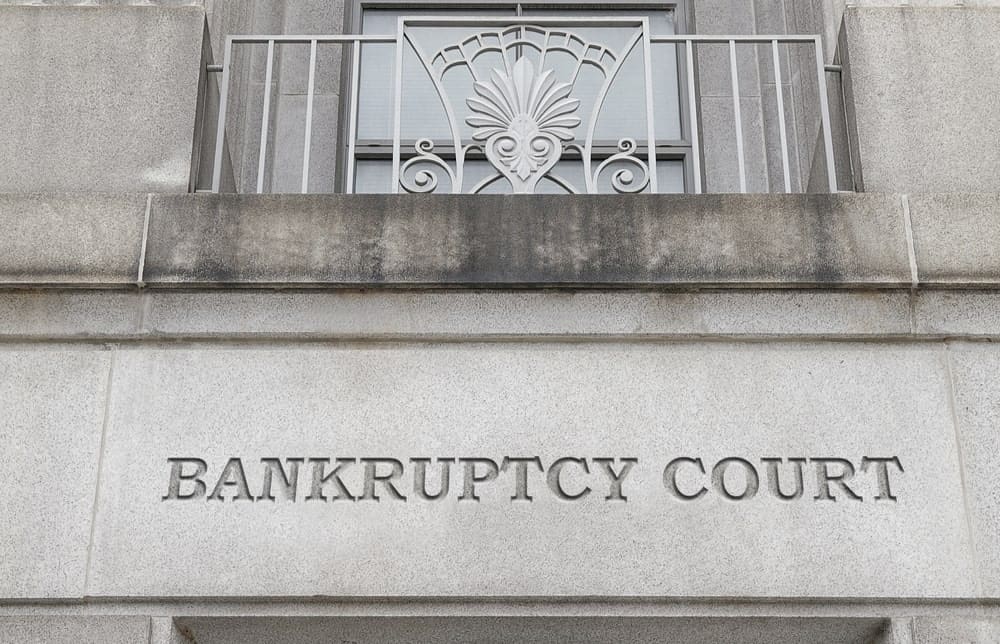In most consumer bankruptcy cases, the petitioner never has to appear in bankruptcy court. For most, the closest thing to a court appearance in the bankruptcy process is the 341 hearing, also known as a meeting of creditors. That meeting may take place in a courtroom, but more often in a room in the courthouse or other location. Regardless of where the meeting is held, the bankruptcy judge is not involved. Rather, the bankruptcy trustee presides over the meeting.
At that meeting, the bankruptcy trustee asks questions to ensure that the bankruptcy petition and schedules are complete and accurate and that the petitioner has been fully advised about the consequences of bankruptcy and any possible alternatives. Creditors have a right to appear at the meeting and ask questions, too, but they usually do not. Most 341 hearings last less than 15 minutes.
Your bankruptcy attorney will provide more detailed information about what to expect at this meeting and what you’ll need to bring.
When is a Bankruptcy Court Appearance Required?
Adversary Proceedings and Contested Matters
The most common situation in which a consumer bankruptcy proceeding might include a court appearance involves adversary proceedings. Adversary Proceedings and Contested Matters are proceedings within the bankruptcy case and may be initiated by the debtor, by the trustee, or by a creditor.
Some of the most common types of Adversary Proceedings and Contested Matters include:
- A creditor moving for relief from the automatic stay to pursue a collection action such as mortgage foreclosure
- The trustee moving to set aside pre-bankruptcy transfers he or she deems to have been fraudulent or preferential
- A creditor or the trustee contesting the exemption of an asset
- A creditor or the trustee objecting to discharge
- A debtor seeking to strip a lien such as an effectively unsecured second mortgage
These issues don’t arise in most Chapter 7 and Chapter 13 cases.
Rather, Adversary Proceedings and Contested Matters are most common in Chapter 11 cases, which involve the reorganization of larger debts.
However, if an Adversary Proceeding or Contested Matter is filed in your case or it is necessary for you to initiate an adversary proceeding, your bankruptcy attorney will explain exactly what to expect and will help you prepare for your bankruptcy court appearance.
Show-Cause Orders
Another situation in which a bankruptcy debtor might be required to appear in court would be in response to a show-cause order. The order may require the debtor to appear in court to “show cause” why the case should not be dismissed or, in more serious circumstances, why the debtor should not be subject to sanctions. Some situations in which this type of proceeding might arise include:
- When the debtor has made or is believed to have made fraudulent transfers leading up to bankruptcy
- When the debtor has made misrepresentations to the court, such as falsifying information on the bankruptcy schedules
Working with an Experienced Bankruptcy Attorney Can Help
Hiring an experienced bankruptcy attorney like the ones at Dworken & Bernstein right from the start can help avoid errors that could lead to challenges from the bankruptcy trustee, and even dismissal of your bankruptcy case. If you do encounter adversary proceedings in your case, such as a motion for relief from the automatic stay, a knowledgeable bankruptcy attorney can manage the deadlines and procedural requirements, craft the most effective argument available to you, and guide you through exactly what to expect from the proceedings.
For more information, call 440-946-7656 right now, or fill out the contact form on this site.
The information presented in this post is not legal advice and does not form a lawyer/client relationship. Laws and circumstances can differ and change.
Please contact us for a personal review of your situation







